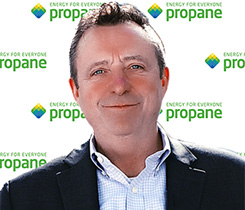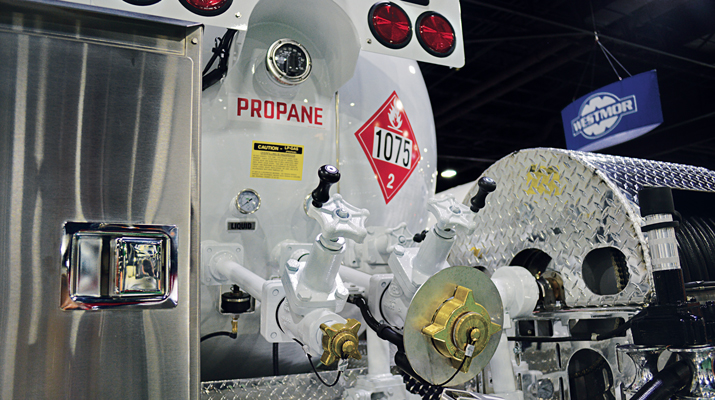Defense costs provide safety incentives
Beyond the standard insurance company costs of marketing, loss control and underwriting, we have liability defense costs.
 Jay Johnston LP/Gas Magazine Columnist |
Generally an insurance company pays for the use of a defense attorney, the cost of depositions and investigation. Because you have insurance, these are expense costs you may never see. You have to look far to the right column on your loss runs to break these costs out.
In many cases, with a small marketer, the cost of the insurance is lower than the average defense cost.
Should an explosion with injuries, death or property damage occur, many issues related to safety will be examined. Your documentation of past work on the system will become “discoverable information.” In addition, the training records of employees related to delivery and service will be scrutinized for certification and/or competency.
In response to a liability allegation, you may have to pay the cost to depose about 10 parties, including your deliveryman, your service people, the manager and possibly the owners. Medical experts and economists also might have to be deposed.
At $2,000 each, 10 depositions could cost a minimum of $20,000. Add the cost of two expert witnesses to the deal at a minimum of $5,000 each, and you add another $10,000.
If you are lucky, you may achieve summary judgment that will take you out of the lawsuit, still costing about $5,000 to $10,000. Then we have to add the attorney’s cost for retainer or representation.
The cost to defend a baseless allegation could reach $40,000 to $50,000. Some are done for less, and if things drag out, the costs can escalate into hundreds of thousands of dollars. All of this before any cost of settlement or judgment related to your limits of liability.
In the more severe situations where death or serious burns are involved, you even may have to consider hiring separate counsel beyond your insurance carrier defense related to any settlement decisions.
You also should consider the cost of employee and owner downtime while securing records, being deposed and/or testifying.
The best way to avoid huge defense costs is to prevent accidents through loss control and documentation. Here are a few ideas to consider while you pursue that goal:
- Make safety a No. 1 company-wide priority.
- Strive to achieve 100 percent gas system checks on all residential accounts.
- Document everything, including all delivery, service work, safety material sent, employee training and notations of telephone conversations.
- Never turn gas back on after an interruption of service without performing and documenting a leak check.
- When it comes to training, utilize CETP and/or other nationally recognized training programs with equivalent results. (Documentation of certification is recommended.)
- Get certificates of insurance and training verification from all non-owned bottle fillers or vendors. (Utilize NPGA/PERC Dispensing Propane Safely.)
- Keep excellent records on training and procedures for your own bottle filling or exchange operations. (Don’t forget requalification logs including rejections.)
- Make sure every driver attends at least one defensive driving program a year. (You can do this in-house with an outside resource.)
- Use magazine articles, newsletters and national case study examples during safety meetings.
- Encourage company-wide discussion relating to safety as a pride factor that separates you from the competition.
- Never compromise a safety situation for the sake of commerce.
- Commit company-wide to make a profit safely.
When you prevent accidents, you attack defense-and liability-related costs while protecting the bottom line. By documenting those efforts, you can prove it.
Lower insurance premiums and profits kept should be a great incentive.
Jay Johnston is president of Jay Johnston & Associates, specializing in business consulting, leadership strategy development and unique speaking presentations for propane marketers. Jay can be reached at 952-935-5350 or jay@thesafetyleader.com.















